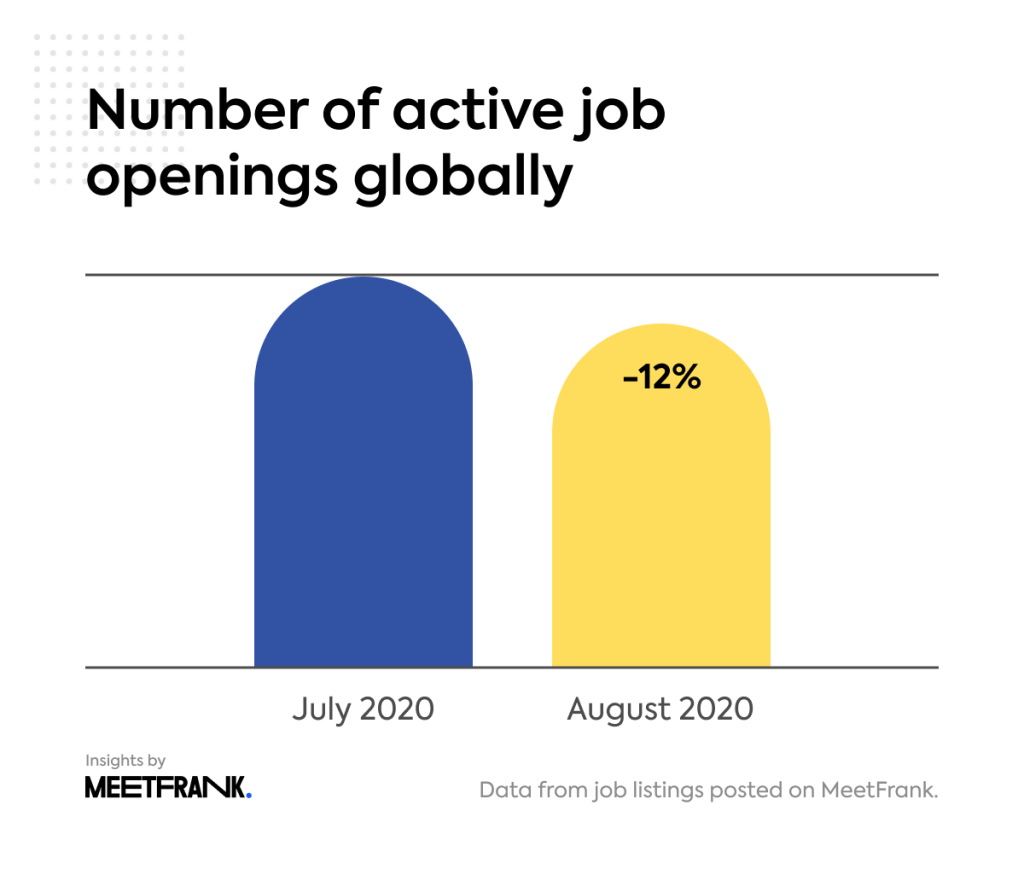The Evolution of Employment: Job Market Trends Explored
Job market insights function as an invaluable compass for equally work seekers and employers, supplying a panoramic see of the ever-evolving employment landscape. These insights encompass a selection of facets, from emerging developments and industry needs to the moving character of distant function and the influence of scientific advancements on numerous professions. Job industry ideas enjoy a crucial role in empowering individuals with the knowledge needed to create informed job decisions and encouraging employers in moving the difficulties of talent exchange in a aggressive environment.
Knowledge recent job market trends is needed for work seekers aiming to arrange their abilities and aspirations with industry demands. This information allows them to tailor their professional growth initiatives and position themselves as important resources in high-demand sectors. Moreover, keeping abreast of emerging job industry developments permits people to assume improvements inside their particular fields, fostering versatility and resilience in the face of changing office dynamics.
For employers, work market insights are fundamental resources for skill acquisition and workforce planning. These ideas offer a comprehensive knowledge of the abilities in need, enabling businesses to refine their hiring methods and entice candidates with the knowledge needed for recent and potential challenges. Employers may also use work market data to standard their compensation and benefits offers, ensuring they remain competitive in attracting top-tier talent.
Distant perform has become a substantial part of job market ideas, particularly in the aftermath of world wide shifts influenced by the COVID-19 pandemic. Understanding the preferences and expectations of the workforce regarding distant work choices is crucial for equally employers and employees. Work market insights highlight the prevalence of remote function, their effect on productivity, and the growing expectations for hybrid function designs, providing a holistic view of the current workplace.
The influence of engineering on the job market is a main concept in contemporary job market insights. Automation, synthetic intelligence, and digitization are reshaping work needs and talent pieces across numerous industries. Work seekers may leverage that knowledge to upskill in areas that align with technical advancements, ensuring they stay competitive in a tech-driven job market. Employers, on another give, take advantage of ideas to the forms of technological abilities that are getting significantly crucial across varied sectors.
The geographic distribution of work options is still another important facet of work market insights. Knowledge regional job tendencies and the attention of industries in certain areas allows job seekers to a target their queries strategically. In addition, it helps employers to recognize talent pools in regions where their industries succeed, facilitating targeted recruitment attempts and adding to regional economic development.
Integrating variety, equity, and inclusion (DEI) factors into job market ideas has received prominence in recent years. Equally work seekers and employers are significantly valuing workplaces that prioritize diversity. Work market insights offer exposure into the initiatives and commitments of businesses in fostering inclusive workplaces, empowering job seekers to Kenya Job Market Insights their values with possible employers and allowing businesses to benchmark their DEI initiatives against business standards.

As the task market continues to evolve, job market insights become crucial for workforce preparing and job development. Use of timely and applicable knowledge permits specialists to produce strategic decisions, fostering a symbiotic connection between job seekers and employers. By embracing and applying these ideas, individuals and businesses may understand the complex landscape of employment with higher speed and foresight, fundamentally adding to the ongoing success and resilience of the workforce ecosystem.